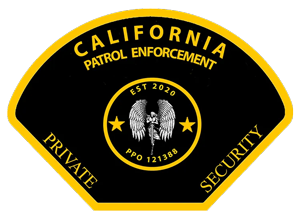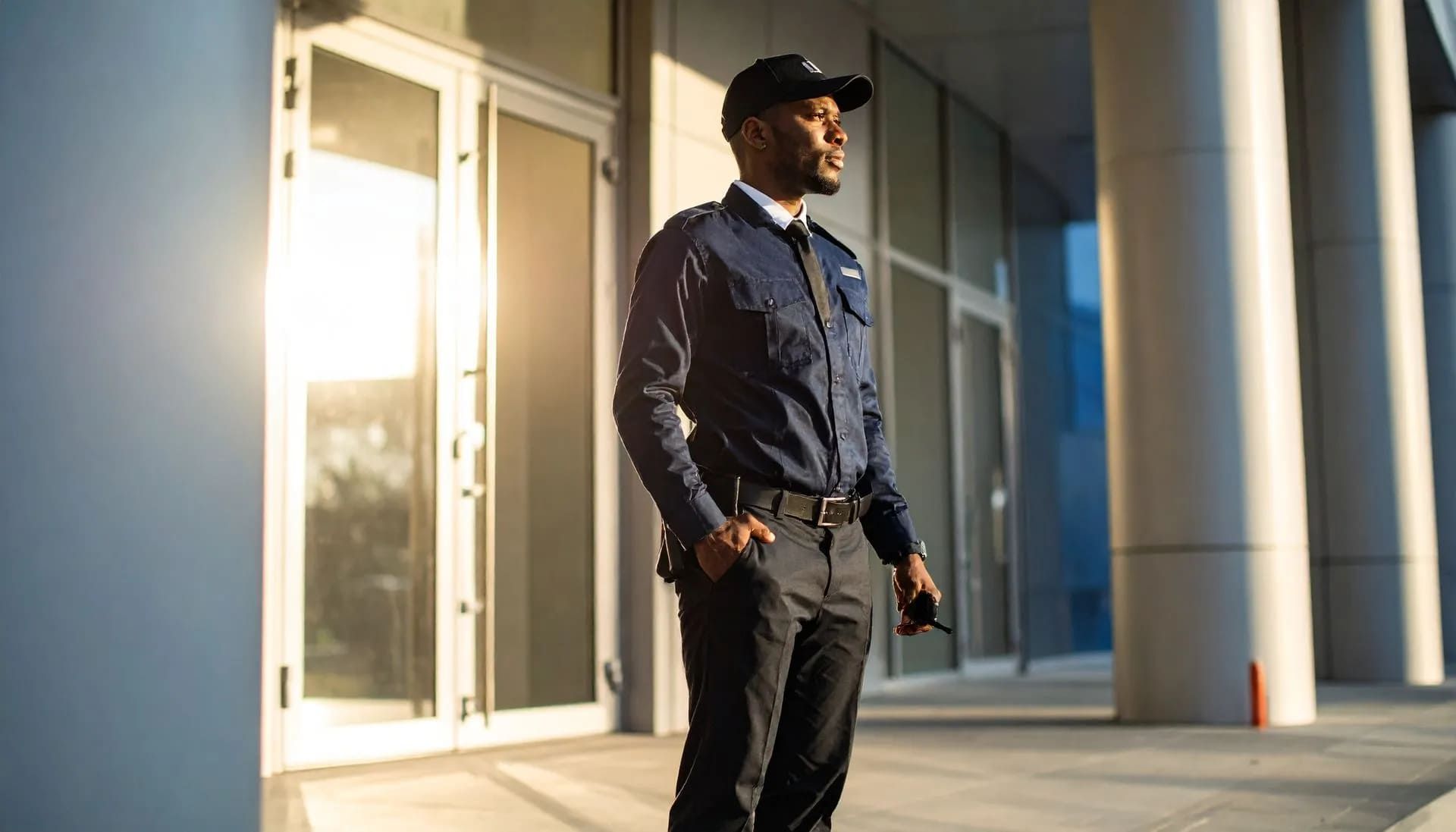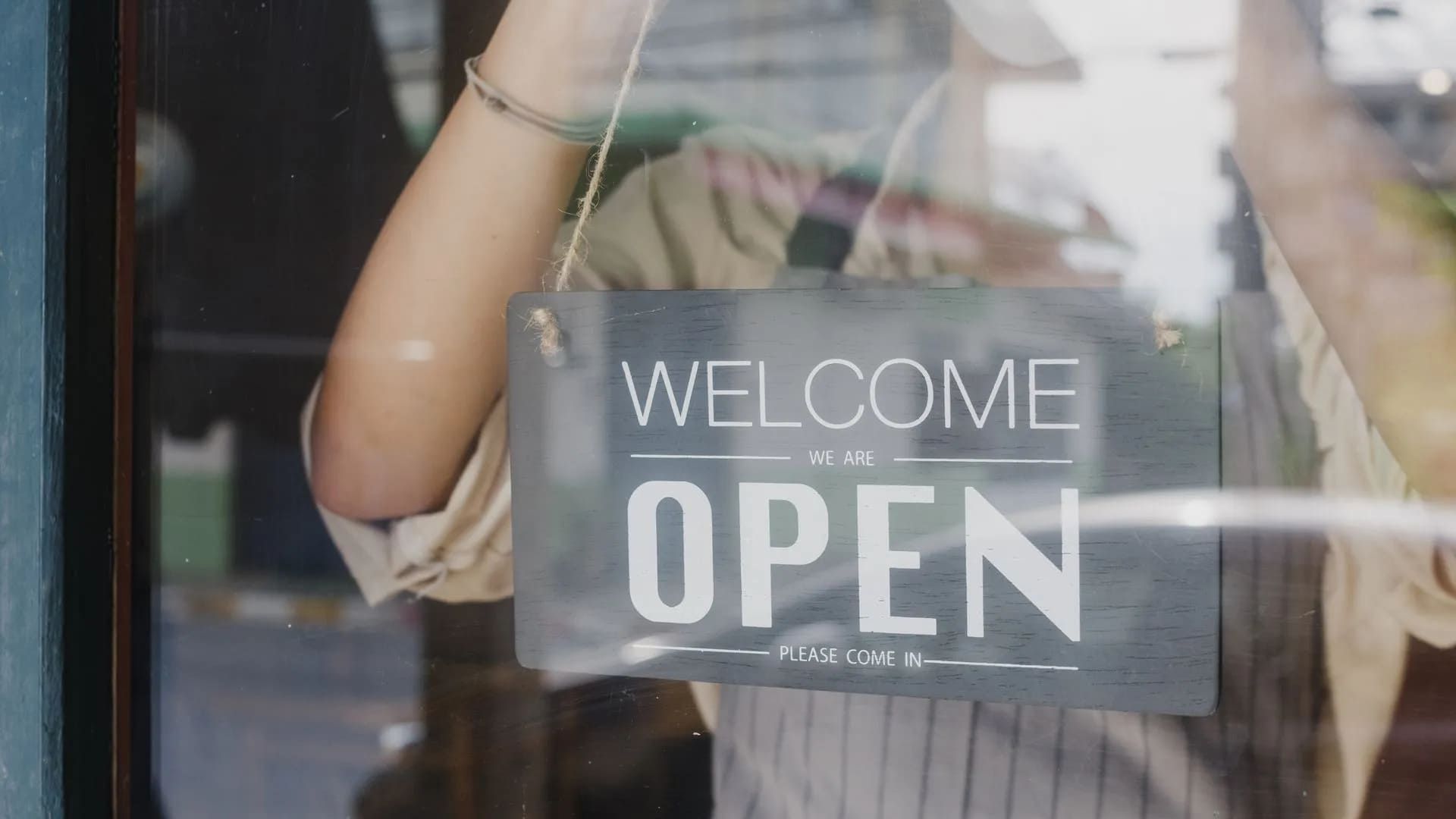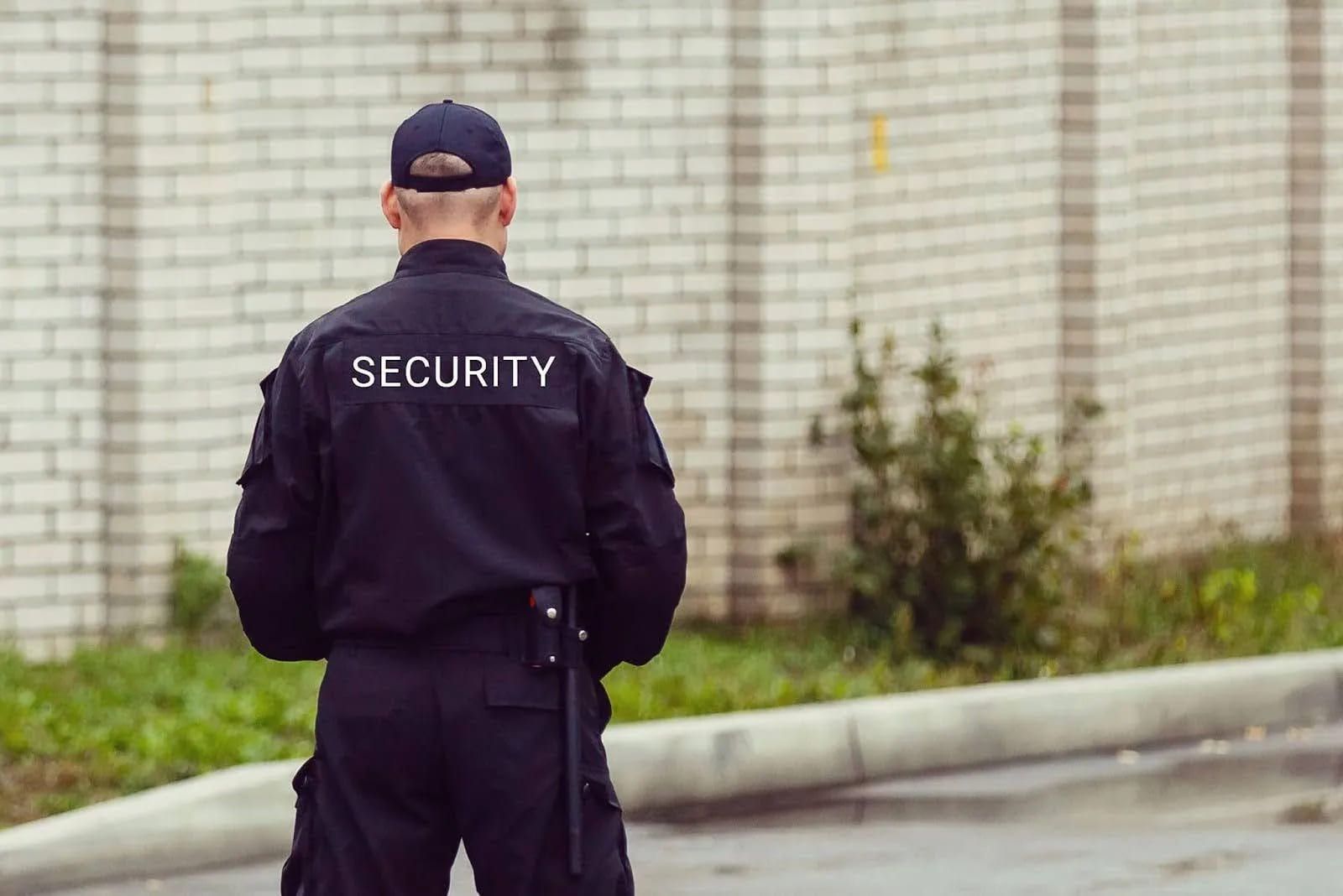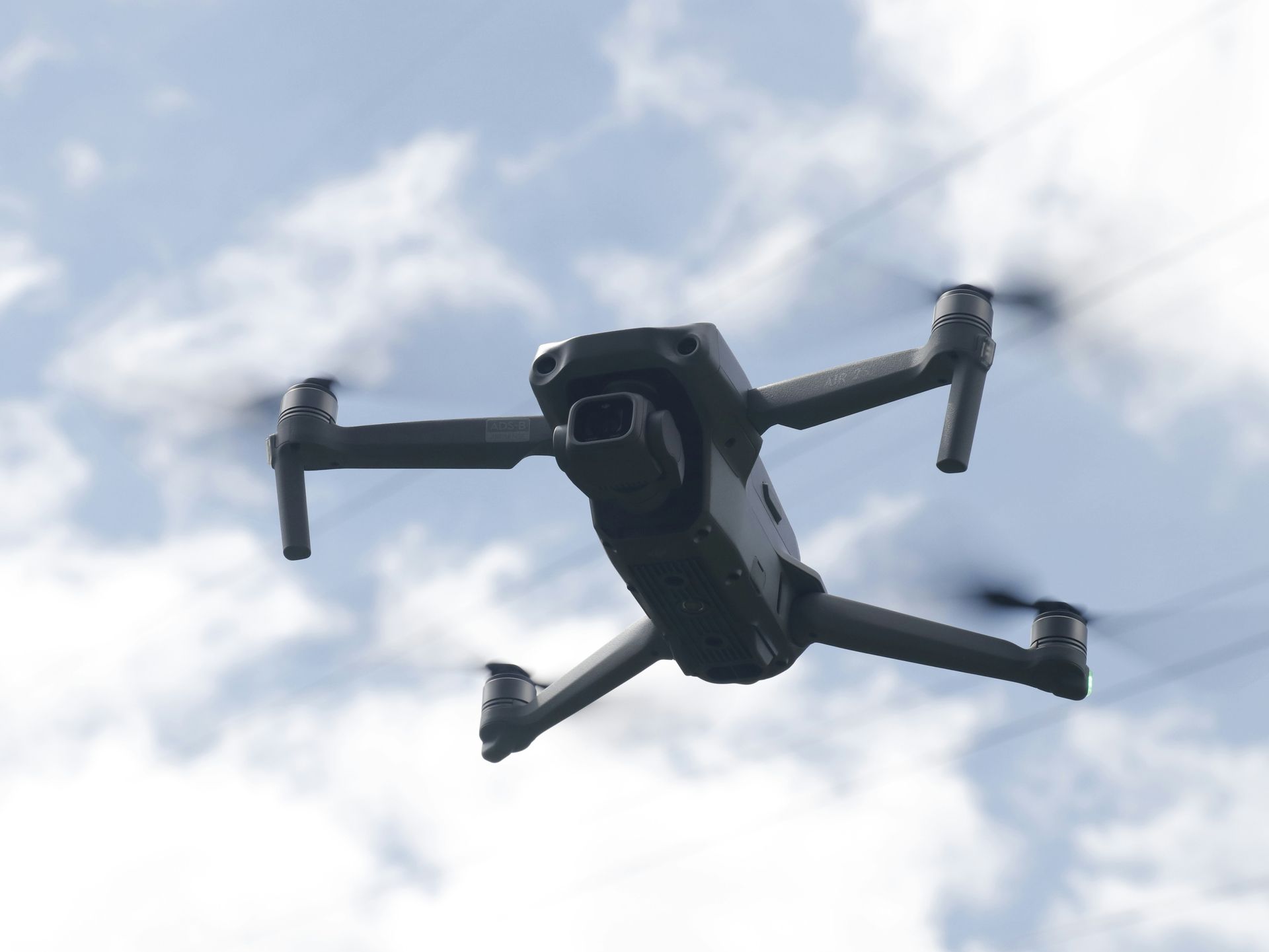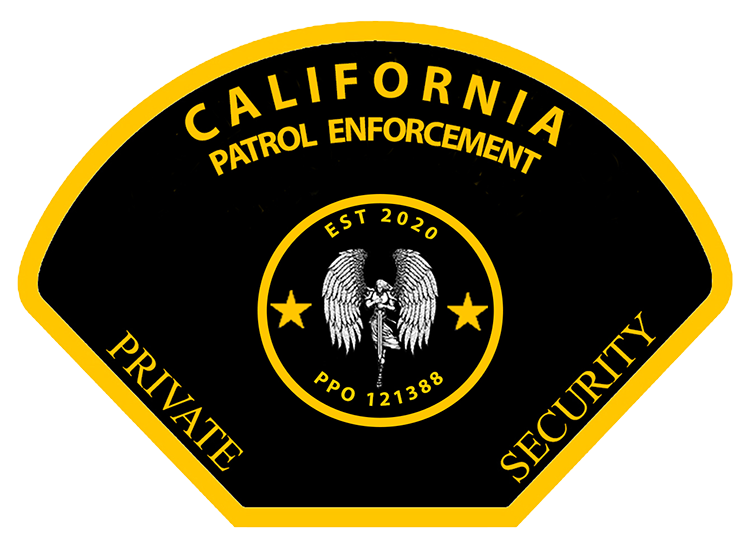Unarmed vs. Armed Security
Business owners face tough choices every day, especially when it comes to protecting people and property. Deciding between unarmed and armed security services can feel complicated, but it is a crucial decision that affects everything from the well-being of employees and customers to the financial stability of an organization. No business is exactly the same, and while some establishments might thrive with a visible, armed presence, others may prefer a more discreet and approachable security posture. The shape your security enterprise takes should be informed by your specific operational requirements, the nature of your location, and the potential vulnerabilities that could arise in everyday activities.
Understanding Your Business Environment
Every company has unique considerations depending on its physical footprint, the type of product or service offered, and the typical profile of customers. For example, a retail store selling high-end merchandise faces different risks compared to an office providing digital consulting services. The need for private security is growing as businesses identify potential threats ranging from vandalism to disruptions in high-traffic areas. Recognizing your environment’s specific challenges is the first step to choosing between unarmed and armed security.
Unarmed guards can be remarkably effective in environments that do not routinely face high-level threats or large-scale criminal activity. Their primary function often involves de-escalation, clear communication with customers and employees, and efficient crowd control. Because they do not carry firearms, unarmed guards can present a more welcoming image while still deterring problems. This can be especially important for customer-facing environments where fostering comfort is a top priority.
On the other hand, businesses operating in areas with elevated crime rates or housing valuable assets, such as jewelry stores, financial institutions, or sensitive facilities, may require armed guards. Armed security officers generally undergo rigorous specialized training beyond what unarmed professionals receive, allowing them to respond swiftly to serious risks. In settings where immediate response to violent threats could be needed, the visible presence of armed personnel may deter potential wrongdoing.
Conducting a Thorough Risk Assessment
One of the first questions you should ask is: “What is the likelihood of encountering serious threats on a day-to-day basis?” Risk assessment is a multifaceted endeavor that often pairs on-site evaluations with detailed reviews of local crime statistics, security incident histories, and expert advice. Crucially, a proper risk assessment also considers non-physical threats, such as cyberattacks, which can divert attention and resources away from more conventional protective measures.
Organizations that operate late into the evening or handle large cash transactions may find that armed security provides a more robust layer of protection for employees and patrons. These environments could include nightlife venues, entertainment complexes, or hospitals with 24-hour care. However, a thorough risk assessment should extend beyond mere fear or speculation. In-depth analysis typically incorporates actual, up-to-date crime data—statistics that may be accessed from resources like the FBI’s Crime Data Explorer. Pairing these statistics with an examination of business operations creates a clearer picture, allowing management to weigh the pros and cons of each security approach carefully.
Liability and Legal Considerations
Another major factor is liability. Carrying a firearm in a professional security capacity involves legal responsibilities that extend to licensing, ongoing training, and possible insurance implications. In certain jurisdictions, guard licensing requirements for armed professionals are far more stringent than they are for unarmed officers, typically involving additional background checks, psychological evaluations, and mandated firearms training sessions. This makes sense, given the potential for high-stakes incidents—especially if a weapon is mishandled, leading to injury or property damage.
Before bringing an armed guard onto your team, it is prudent to consult with legal counsel or compliance experts who are well-versed in local regulations. The consequences for failing to meet exacting standards could be substantial, both financially and reputationally. Through consistent and high-quality training, you can reduce risks and ensure that armed personnel are prepared to act responsibly, understanding that their actions represent not only their own reputations but also that of your organization.
Employee and Customer Confidence
Beyond managing legal exposure, you should also consider how unarmed or armed security influences those who visit or work within your space every day. For employees, feeling safer is often tied to the presence of security measures that can back them up in stressful situations. Though an armed guard may offer an extra sense of reassurance in environments with a genuine risk of violence, too strong a show of force in a low-risk environment might raise unnecessary anxiety, leading to reduced morale or an unwelcoming atmosphere.
For many businesses, hiring trained professionals capable of de-escalation could address everyday security needs without resorting to weapons. Clear guidelines on how a guard should approach conflicts, combined with conflict resolution training, can promote a sense of calm and order. Meanwhile, potential shoplifters or would-be troublemakers may still be deterred if they see a uniformed presence, regardless of whether the guard is armed.
Working with Professional Security Services
Choosing the right security solution is not a decision you have to make alone. Working with a reputable security provider gives you access to expert consultations, ongoing training, and resources that adapt as your business evolves. Experienced professionals can undertake a deep-dive assessment of your property, weigh the pros and cons of unarmed and armed solutions, and make tailored recommendations that fit both your risk profile and organizational values.
California Patrol Enforcement, for instance, offers a variety of security options designed to be scalable and responsive to local conditions. By maintaining a close dialogue with your chosen security partner, you ensure that the services you receive are carried out by well-qualified professionals who understand local regulations and industry best practices. Continuous evaluation and transparent feedback loops aid in refining your approach, ensuring that security measures remain effective and relevant in a constantly shifting landscape.
The decision to hire unarmed or armed security ultimately comes down to a thoughtful alignment of risk assessment, company values, and practical considerations. Whether your choice is driven by the desire for strong deterrence or a preference for a friendlier, low-profile presence, there is no one-size-fits-all solution. Working together, business owners and professional security providers help create safer communities and more resilient organizations.
